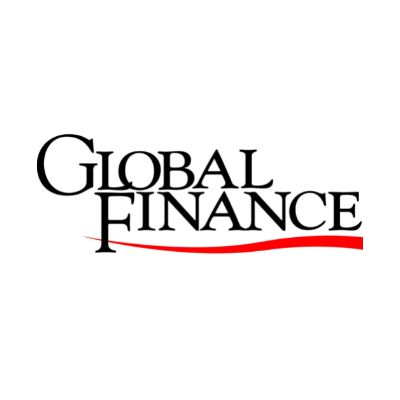 Global Finance Magazine Article Rating
Global Finance Magazine Article RatingNavigating the Sustainability Commitment Paradox: A roadmap for corporate treasurers
- Bias Rating
- Reliability
55% ReliableAverage
- Policy Leaning
-58% Medium Left
- Politician Portrayal
N/A
Continue For Free
Create your free account to see the in-depth bias analytics and more.
By creating an account, you agree to our Terms and Privacy Policy, and subscribe to email updates.
Bias Score Analysis
The A.I. bias rating includes policy and politician portrayal leanings based on the author’s tone found in the article using machine learning. Bias scores are on a scale of -100% to 100% with higher negative scores being more liberal and higher positive scores being more conservative, and 0% being neutral.
Sentiments
N/A
- Liberal
| Sentence | Sentiment | Bias |
|---|---|---|
Unlock this feature by upgrading to the Pro plan. | ||
Reliability Score Analysis
Policy Leaning Analysis
Politician Portrayal Analysis
Bias Meter
Extremely
Liberal
Very
Liberal
Moderately
Liberal
Somewhat Liberal
Center
Somewhat Conservative
Moderately
Conservative
Very
Conservative
Extremely
Conservative
-100%
Liberal
100%
Conservative

Contributing sentiments towards policy:
63% : The Sustainability Commitment Paradox report highlights the disconnect between interest and action.62% : " As consumer and regulator demands for sustainability increase, corporate treasurers have an opportunity to bridge the gap between intention and action, turning the ambition of a greener and more equitable future into today's business practices.
57% : However, several factors hinder the transition from intent to action, including uncertainties about the financial implications to complexities in implementing better practices.
52% : "It's clear that while action is underway, the step to formalise these efforts through concrete targets remains a significant hurdle for corporates," explains Pradeep Nair, Global Head of Structured Solutions and Development, Trade at Standard Chartered.
*Our bias meter rating uses data science including sentiment analysis, machine learning and our proprietary algorithm for determining biases in news articles. Bias scores are on a scale of -100% to 100% with higher negative scores being more liberal and higher positive scores being more conservative, and 0% being neutral. The rating is an independent analysis and is not affiliated nor sponsored by the news source or any other organization.






















